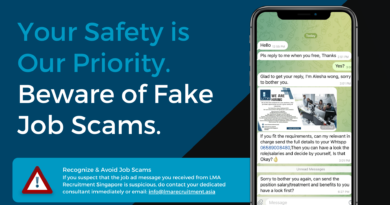A New Fraud is Costing Indians Lakhs of Money: How to Avoid Courier Scams and How they are Working | Stay Safe
There’s a new fraud going up. This year, Scammers have been impersonating as customs officers in major cities and defrauding people out of lakhs of rupees. This new technique, known as the “courier scam,” involves imposters contacting people under false pretenses of being police officers or NCRB agents and accusing them of participating in illegal activities linked to delivering and receiving packages containing drugs or other prohibited substances.
Next, the Scammers persuade the victims that they will hear from law enforcement, and the whole money-extortion scheme kicks in to resolve the fictitious complaint made against them. This year, hundreds of cases of the courier fraud have been reported to the authorities. The scam targets people in the 35–50 age range.
HOW DOES THE SCAM WORK?
Scammers who pose as couriers call their victims over the phone and pretend to be customs officers. They make reference to a package that was booked under their name and assert that it contained illegal substances or narcotic narcotics.
After that, they would pretend to be a police station official and speak with them about a potential arrest. Already terrified, the victim tries to “settle” the fictitious case by giving money to the con artists in order to escape being arrested.
During conversations, Scammers employ psychological tricks to agitate their victims and obtain bank account information and personal identity. In order to defraud people of their money, they ask the victim for their Aadhaar and other identifying information in addition to their bank data.
In other situations, it also begins with a missed call. The caller is connected to an automated voice message stating that they have reached the helpline of a courier firm such as FedEx or Blue Dart when they return the call. Subsequently, the other caller, posing as a Mumbai police official, claimed that a package sent to their address contained illegal substances. After then, the con artist uses blackmail to get the victim to pay.
HOW TO STAY SAFE?
Not providing any One Time Password (OTP), Aadhaar number, bank account information, or any other sensitive data.
Beware of unknown callers and people impersonating bank, police or any other officials.
Never call back on unknown or suspicious contacts.
Rechecking or verifying the caller through official sources before providing any details.
Avoid clicking on suspicious links received as text or on WhatsApp.
Don’t act in haste. It’s always better to take your time, gather information and consult with trusted individuals before making any transactions.
Immediately report the cybercrime complaint number- 155260 or you can file a complaint on cybercrime.gov.in



